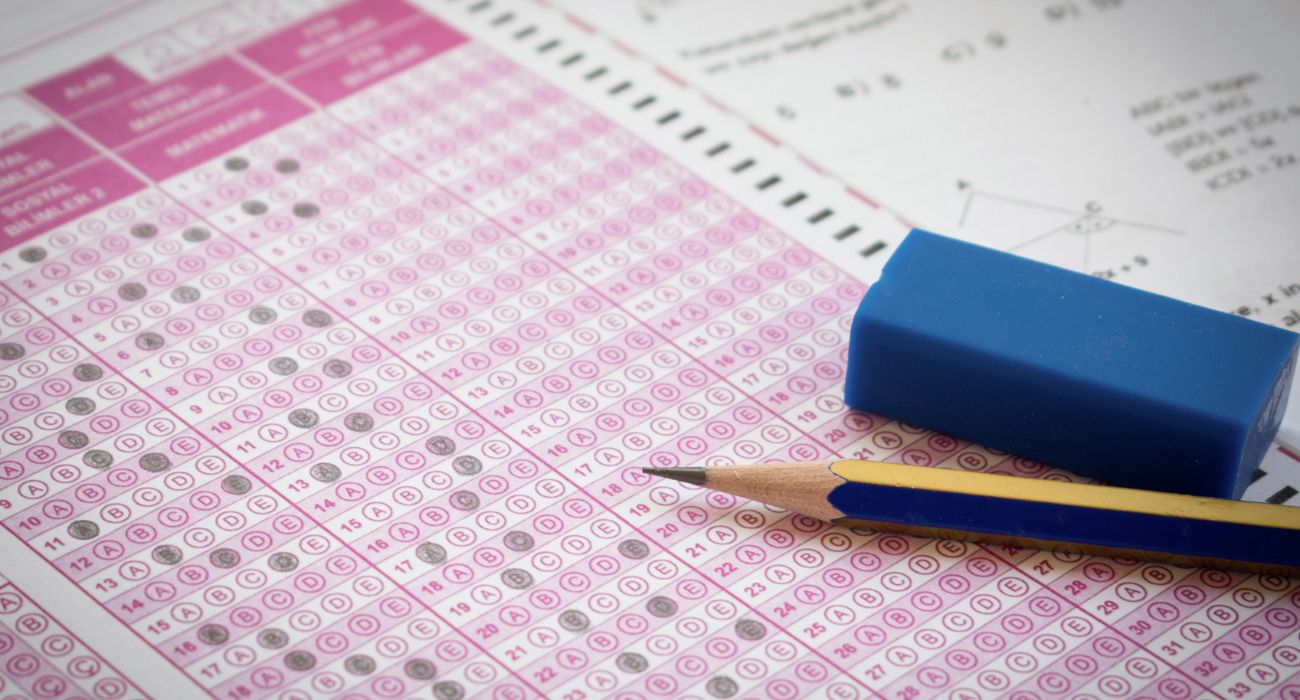A college admissions expert recently spoke with The Dallas Express about standardized college admissions tests and stressed that no matter which test a prospective student takes, their score is vital to a successful application.
Allen Koh is the founder and CEO of Cardinal Education, a California-based consulting firm working nationwide to aid in private school and college admissions. The company also provides test prep services for the SAT and ACT.
While both exams help open the doors of higher education to students by demonstrating their college readiness, they are quite different. For instance, as Koh explained, the SAT — which was recently reduced from three to two hours — draws on students’ natural ability, cognitive skills, and education. Meanwhile, the ACT is generally easier and more predictable, making test-taking strategies more valuable.
“We regularly deliver perfect ACT scores on every single testing,” Koh said. “Whereas perfect SAT scores, I mean sometimes a year or two goes by where we don’t have a single one.”
This relative ease in achieving perfection on the ACT compared to the SAT makes it a better option for many students, with Koh pointing out that students scoring a 1590 score on the SAT would theoretically be in a higher percentile than those who score a 36 on the ACT.
“Amongst really ambitious students, there seems to be some sort of prejudice against the ACT, but universities think of the tests as the same, so really you need to be optimizing for the test where you’re going to get the better percentile,” he said.
As previously covered by The Dallas Express, the University of Texas at Austin recently reinstated the mandatory reporting of standardized test scores by prospective students. The rationale was not only that the decision to make the disclosure of such scores optional was meant to be temporary but also that data suggested they were valuable indicators of student success at the university level.
Several Ivy League universities, including Yale, Brown, and Dartmouth, have made similar announcements, suggesting that the trend to require applicants to report their SAT or ACT scores is rising.
However, Koh told The Dallas Express that SAT and ACT scores have always been crucial to college admissions and that the shift to “test optional” during the COVID-19 lockdowns never meant “test blind.” He said he believes many prospective university students lost out by not including their scores.
“They never went away,” he explained. “Students who do not submit test scores, they’re at a disadvantage, and people have not been telling them the truth.”
Looking specifically at athletic scholarships, he explained that even if a student didn’t have a high enough GPA for a certain athletic team, a strong SAT or ACT score could lead to admissions accepting them anyway.
“This whole standardized test debacle has cost countless students untold millions,” Koh said.
“There’s been a lot of human tragedy,” he added. “That’s because students don’t understand that the decision makers for these kinds of opportunities actually do respect standardized testing. They may not love it. It is absolutely not perfect. But the data is pretty incontrovertible.”
The recent historical decline seen in ACT scores last year was in part explained by students no longer believing standardized tests were important for getting into college, as covered by The Dallas Express. ACT administrators noted that 43.3% of the 1.4 million high school seniors who took the 2023 exam met none of the benchmarks for success in college-level classes across all subjects, while only 20.8% actually met those benchmarks.
Locally, Dallas ISD students have struggled with standardized tests, such as the state’s STAAR exam. In the 2021-2022 year, just 41% scored at grade level, according to that year’s Texas Education Agency accountability report.






